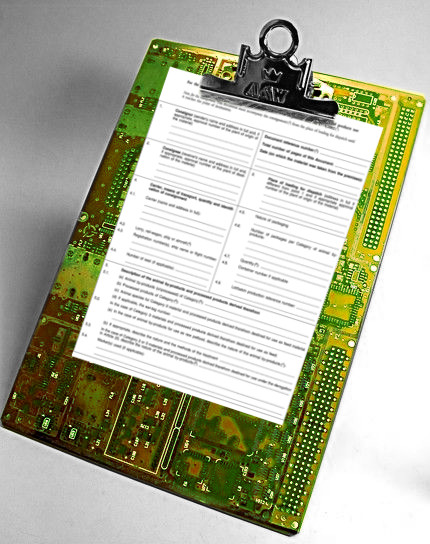New plan to drive AI
 The Albanese Government has unveiled a new initiative aimed at making Australia a global leader in artificial intelligence (AI).
The Albanese Government has unveiled a new initiative aimed at making Australia a global leader in artificial intelligence (AI).
The National AI Capability Plan, announced this week by Minister for Industry and Science Ed Husic, is designed to bolster the nation’s AI ecosystem, driving innovation, economic growth, and job creation.
It is hoped that the plan will adequately address the complexities of integrating AI responsibly and equitably across industries.
AI is projected to contribute up to $600 billion annually to Australia’s GDP by 2030.
With around 650 AI companies already headquartered in the country, the government says Australia has attracted significant investment, including $7 billion from foreign sources over five years and $2 billion in venture capital in 2023 alone.
Husic says the new national plan is critical for scaling up national capabilities.
“Growing investment in AI will supercharge industry and create more well-paid jobs,” he said.
The plan outlines several objectives, such as encouraging private-sector innovation, identifying Australia’s unique strengths in sectors like agriculture and renewable energy, and addressing skills shortages by promoting AI literacy and reskilling initiatives.
It also aims to enhance economic resilience by improving sovereign infrastructure for AI and addressing concerns around digital inclusion.
While the government has pledged $1 billion for critical technologies under the National Reconstruction Fund and nearly $500 million for AI-related projects in the last financial year, critics are concerned about whether these investments will be sufficient to match the rapid pace of global AI development.
The healthcare sector is one area flagged for focused attention, with the Australasian Institute of Digital Health (AIDH) highlighting the sector’s unique challenges and opportunities.
The group has welcomed the initiative but stressed the need for greater investment in building the healthcare workforce’s AI capability.
Experts caution that without robust safeguards, AI in healthcare could amplify risks, particularly in high-stakes environments.
Australia’s AI landscape is already supported by initiatives like the National AI Centre, which has launched accessible programs such as the micro skill course “Introduction to Artificial Intelligence” through TAFE NSW.
A network of AI Adoption Centres is also aiding small and medium enterprises in upskilling their workforces.
Questions persist about whether such measures will sufficiently prepare industries for the complex ethical and operational challenges AI entails.
The plan’s commitment to balancing innovation with responsibility is reflected in earlier steps taken this year, including the introduction of mandatory guardrails for high-risk AI settings and the Voluntary AI Safety Standard.
The National AI Capability Plan is scheduled for delivery by late 2025.








 Print
Print